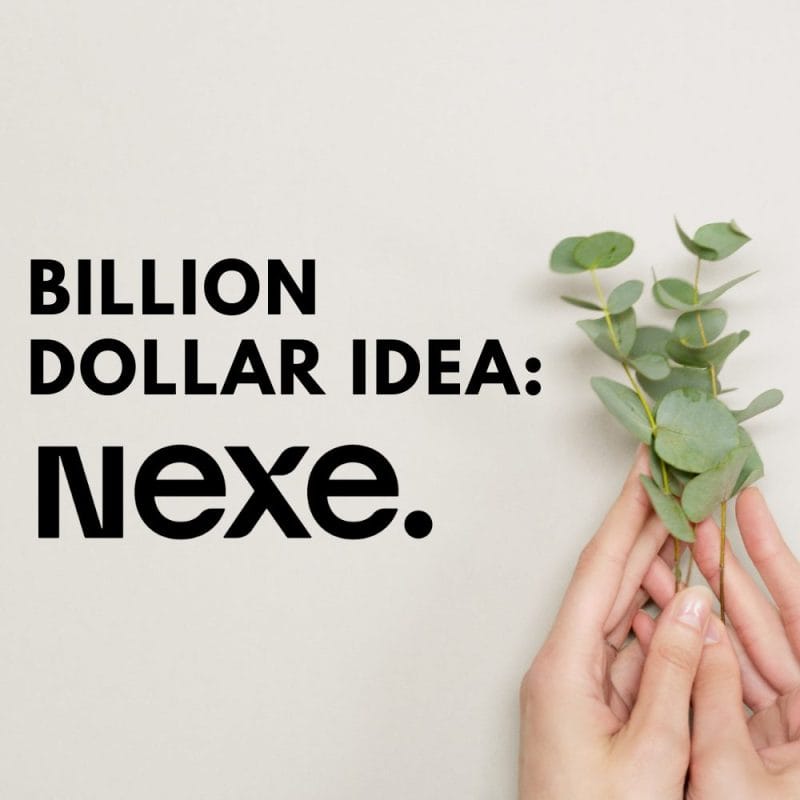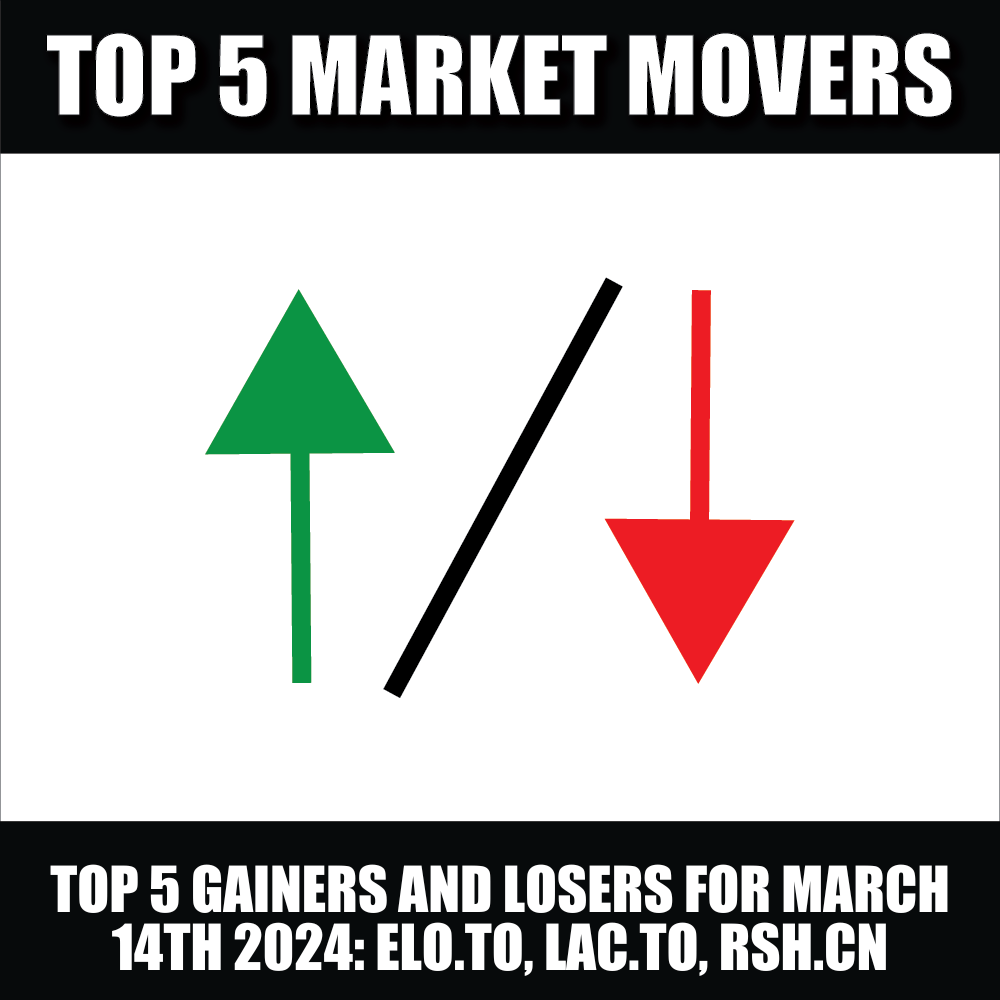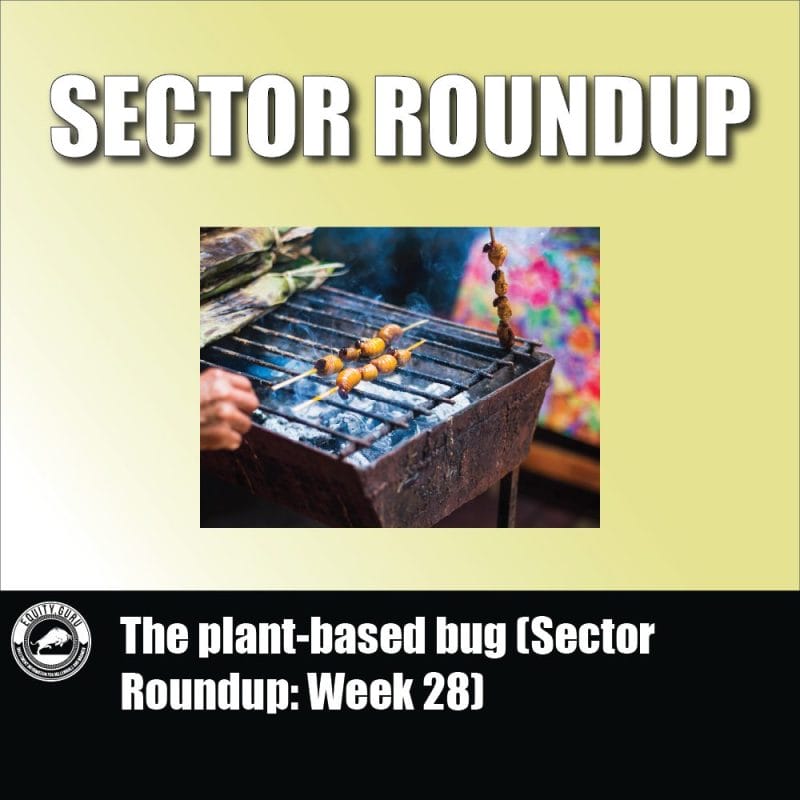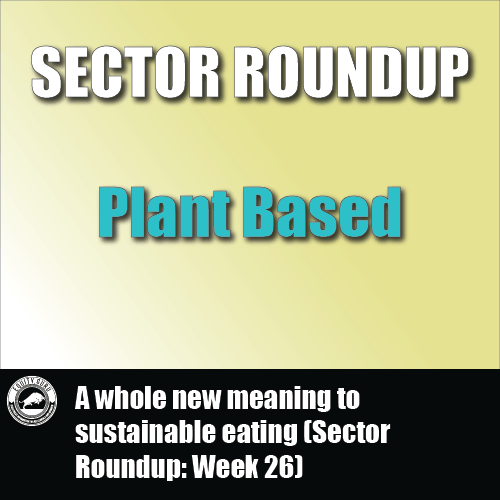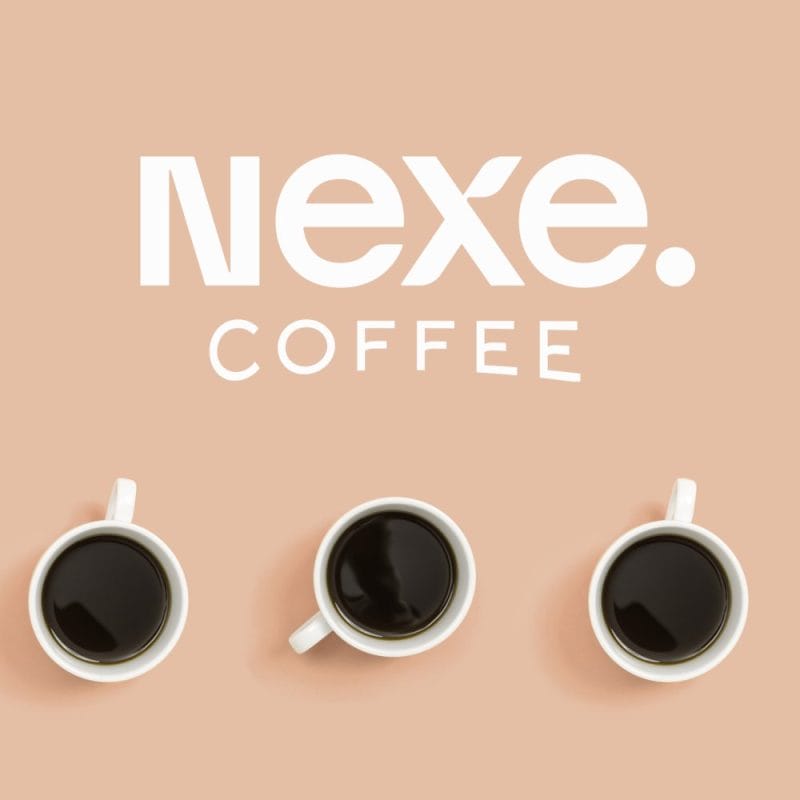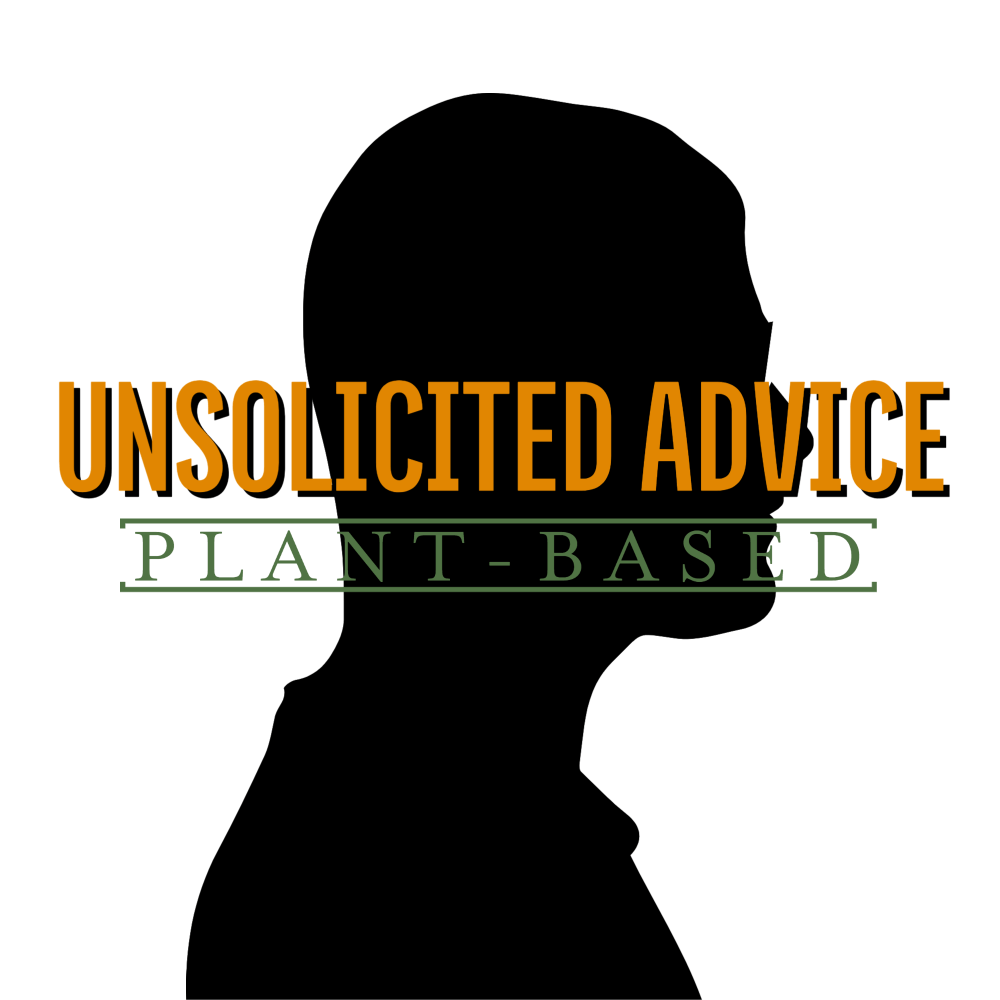Like any good journalist, I am always aspiring to reach new heights with nothing but the change in my pocket. Unfortunately, with bills to pay and a prodigal spending habit, that change can only take me so far. Lucky for me, there’s an eager Nigerian Prince in my inbox just begging to give me $1 billion dollars. “What would you do with $1 billion dollars?” you might ask. For starters, I would buy a modest house in this abysmal market. More importantly, I would buy companies situated in profitable markets with growth potential. As you probably could have guessed, I am talking about the plant-based sector.
Keep in mind, the plant-based market was valued at $29.4 billion in 2020. Bloomberg Intelligence (BI) predicts that this market will grow exponentially by 451%, exceeding a value of $161 billion within the decade. The plant-based market’s growth can largely be attributed to a growing preference for sustainable, healthier foods. When it comes to plant-based, “sustainable” is the name of the game, and rightfully so. According to NASA, without major action to reduce emissions, the global temperature is on track to rise by 2.5°C to 4.5°C by 2100. For the Americans out there, that’s 4.5°F and 8°F, respectively.
It is worth noting that the threshold for dangerous warming is +1.5°C. A rise of 1.5°C is generally seen as the most humanity could manage without suffering widespread economic and social upheaval. With this in mind, unless significant changes are made, we are on track to cross this threshold between 2027 and 2042. While a difference of a few degrees may not seem significant, the repercussions are terrifying. The 1.1°C increase already recorded has caused disastrous weather globally. This includes heat waves responsible for killing hundreds in the Pacific Northwest, floods, and wildfires.
The Solution

Thankfully, while some effects of climate change are irreversible such as rising sea levels and coastal flooding, some are. For example, the warming of the Earth’s surface can be reversed by removing carbon from the atmosphere. Broadly speaking, the ‘reversible changes’ are directly correlated to the amount of C02 in the atmosphere. That being said, activities related to greenhouse gas (GHG) emissions are primarily responsible for rising levels of C02 in the atmosphere. Currently, China, the United States, and the nations that make up the European Union are the three largest GHG emitters.
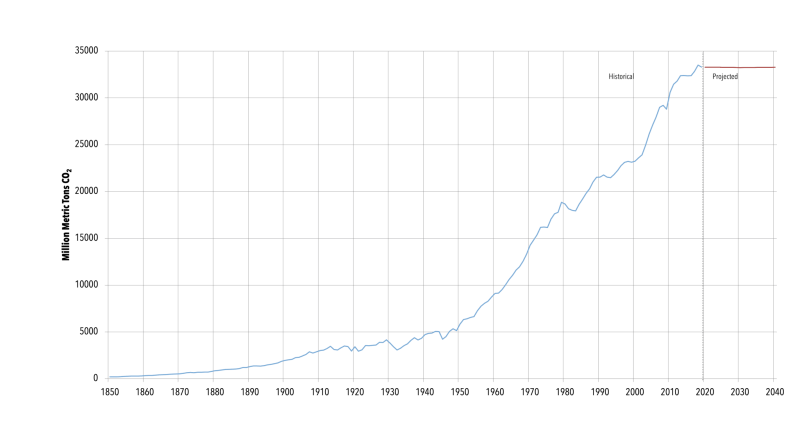
Plastic Predicament
Globally, in this year alone, researchers estimate that the production and incineration of plastic waste will pump more than 850 million tonnes of greenhouse gases into the atmosphere. By 2050, these emissions could rise even further to a staggering 2.8 billion tonnes. To make matter worse, at least 8 million tonnes of discarded plastic end up in our oceans each year. This number is expected to double by 2030. Plastic has even reached 11km below sea level in the Mariana Trench, the deepest place on Earth.
Let’s talk about feedback loops for a second. In climate change, a feedback loop refers to something that speeds up or slows down a warming trend. A positive feedback loop increases the effect of change and produces instability. With this in mind, sunlight and heat cause plastics in our oceans to release methane, a powerful greenhouse gas, creating a devastating positive feedback loop. In addition to releasing methane, plastics in our oceans are broken down into microplastics that kill marine animals, including plankton, when ingested.
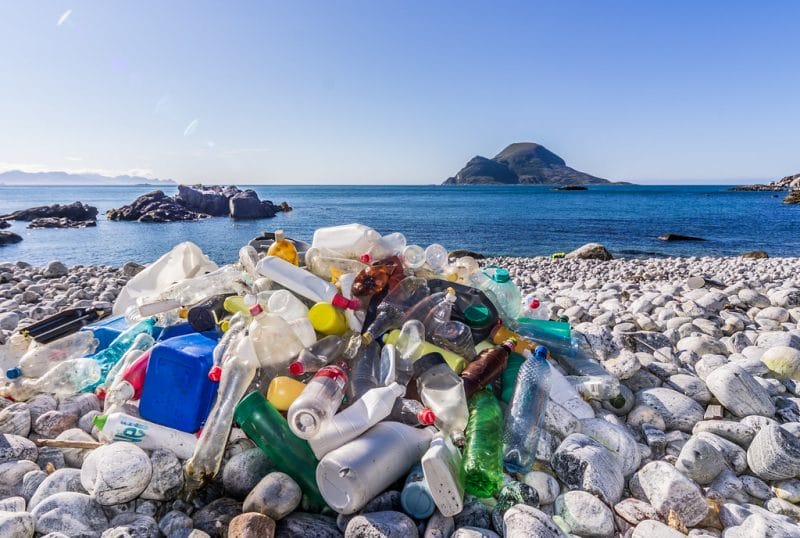
Plankton may have played the villain in Spongebob Squarepants, but turns out he’s actually a pretty great guy. Plankton is an important carbon sink for atmospheric greenhouse gases, and its growth depends on carbon. Currently, our oceans absorb between 35-42% of all C02 emitted into the atmosphere. Unfortunately, oceans will absorb lower amounts of C02 as they warm.
Long story short, warmer oceans mean less plankton. Less plankton means more C02 in the atmosphere. You know the rest. To combat this plastic predicament, we need to curb plastic production, especially single-use plastics, and increase recycling. With that long-winded sustainability lecture out of the way, let’s talk about where I will be investing my fictional $1 billion dollars.
Enter NEXE Innovations Inc.
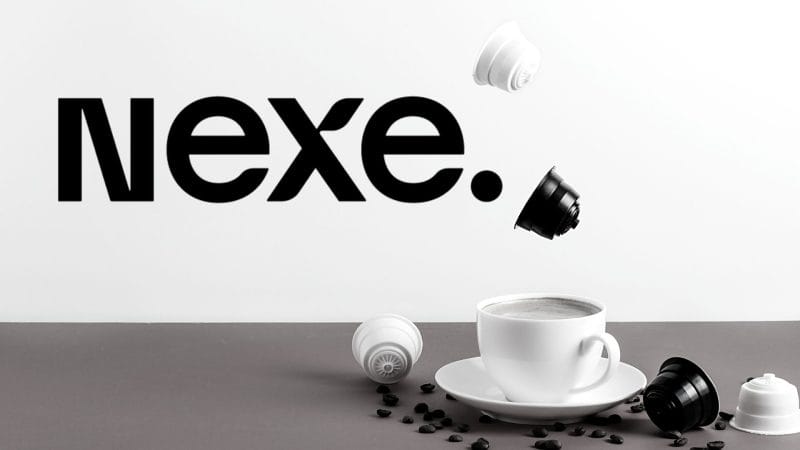
- $59.978M Market Capitalization
NEXE Innovations Inc.
NEXE Innovations Inc. (NEXE.V) is a leader in plant-based compostable technology and an advanced materials manufacturer based in British Columbia (BC), Canada. In order to combat this plastic predicament, NEXE has developed one of the only patented, fully-compostable, plant-based, single-serve coffee pods for use in leading single-serve coffee machines, including Keurig coffee makers. The Company’s proprietary pods are designed to reduce the significant environmental impact caused by single-serve pods.
In fact, less than 9% of coffee pods are actually recycled, with an astonishing 79% ending up in our land and oceans. To make matters worse, it can take anywhere between 500 and 10,000 years for plastic pods to break down in the environment. Despite this, more than 365 tons of plastic are produced year-over-year (YOY). That being said, more than 56 billion coffee pods are discarded to landfills every year, which equates to more than 100,000 pods per minute.
NEXE has raised over $60 million from equity and government funding. Additionally, the Company has more than six years of R&D experience. As a result, the Company is well-positioned to capitalize on the lucrative Global Coffee Market, which was valued at USD$102.15 billion in 2019. Fueled by caffeine addicts like myself, this market is expected to reach a valuation of USD$155.64 billion by 2026, expanding at a compound annual growth rate (CAGR) of 6.2% between 2020 and 2026.
Latest News
Most recently, on December 15, 2021, NEXE announced that it had completed its Site Acceptance Test (SAT) for its high-speed assembly, filter forming, and dosing automation equipment at its site in Surrey, BC. For context, an SAT is intended to determine whether or not systems are meeting the desired and required specifications. The main purpose of an SAT is to give an overall evaluation of a system’s compliance and to ensure this compliance meets the requirements of the business involved, in this case, NEXE.
“As we come to year-end, we are ecstatic to announce that we have completed a Successful site Acceptance Test on key equipment which can provide an additional 50 million annual pod production capacity…We are now focused on commissioning this equipment in Q1 2022 and await our end-of-line packaging equipment to meet the market’s demand for our sustainable and fully compostable pods. As we enter 2022, expect to hear more news on distribution and corporate updates as to how we will backfill capacity with revenue,” said Ash Guglani, President of NEXE.
Following NEXE’s latest announcement, the Company now has custom automation equipment for the production of pods that are compatible with two-leading single-serve coffee formats, namely Keurig and Nespresso Original Line systems. This allows NEXE to address a sizeable portion of the growing potential $60 billion per year coffee pod market. Looking forward, NEXE plans to continue to purchase additional equipment to increase production capacity as required to fulfill growing demand.
Earlier, on October 26, 2021, NEXE announced that it had successfully completed its Factory Acceptance Test (FAT) at the Company’s manufacturing partner’s facility in Europe. Similar to an SAT, a FAT helps verify that newly manufactured and packaged equipment meets its intended purpose. The FAT validates the operations of the equipment and ensures the customers’ purchase order specifications and all other requirements have been met. Unlike an SAT, which can be performed after, a FAT is a test conducted on equipment before it is delivered to its intended destination.
Value
The US At-home Coffee Market was projected to grow by 4.9% in 2020, to reach $15.6 billion compared to a total of 3.9% growth experienced between 2015 and 2019. More specifically, the Global Coffee Pod and Capsule Market alone is expected to reach USD$29.2 billion by 2025. Unsurprisingly, 44% of the US coffee demand comes from Millennials. With this in mind, 75% of Millennials are eco-conscious to the point of changing their buying habits to favor environmentally friendly products. Sounds like the perfect demographic for a company like NEXE, right?
With this in mind, not only is NEXE situated in the lucrative Coffee Pod and Capsule Market, but the Company also has a significant presence in the Global Sustainable Packaging Market, which is projected to reach USD$470.3 billion by 2027, up from an estimated USD$305.31 billion in 2020. This market is projected to expand at an impressive compound annual growth rate (CAGR) of 10.3% from 2021 to 2027. With the help of initiatives like Canada’s single-use plastic ban, which has been delayed until some point in 2022, NEXE could start seeing some serious returns. Keep in mind, Canada ultimately plans to achieve zero plastic waste by 2030. The single-use plastic ban is just the tip of the iceberg.
Financials
So how does NEXE look on paper? According to NEXE’s Audited Financial Statements for the year ended May 31, 2o21, the Company had cash and cash equivalents of CAD$50,526,731 compared to CAD$3,311,463 on May 31, 2020. On May 31, 2021, NEXE’s total assets and total liabilities were CAD$57,675,600 and CAD$5,339,027, respectively. In the same period last year, NEXE had total assets and total liabilities of CAD$8,642,707 and CAD$2,142,416, respectively. With this in mind, although the Company’s total liabilities did increase, so too did its total assets.
As of May 31, 2021, NEXE’s operating expenses totaled CAD$12,379,981 compared to CAD$1,905,768 on May 31, 2020. In total, the Company reported a net loss of CAD$17,178,988 or $0.37 per share. As of May 31, 2021, NEXE had weighted average shares outstanding of 46,496,414. Until recently, NEXE has been in the development phase, meaning a majority of the Company’s resources went towards purchasing new equipment and product development.
As a result, in addition to completing SATs and FATs, NEXE has announced that its NEXE Pods are now compatible with Keurig single-serve brewing systems, expanded its XOMA Superfoods brand, and increased its offering of Espresso products. Furthermore, the Company’s XOMA Superfoods brand is available on ShopVejii.com, Amazon.ca, and Amazon.com, some of the largest eCommerce platforms.
According to analysts, NEXE will incur a final loss in 2022, before generating estimated profits of CAD$2.3 million in 2023. In order to achieve this, the Company will need to generate an average annual growth rate of 102%. It is worth noting that NEXE’s debt makes up just 4.3% of the Company’s equity, indicating that it has predominantly funded its own operations via equity capital. With this in mind, NEXE’s sentiment appears to be in line with analysts’ estimates, with both parties expecting the same result. Not convinced? In an exclusive exchange between Equity Guru and Ash Guglani, NEXE’s President and Director, Mr. Guglani commented:
“We are now out of the development phase for each of these products and are in revenue. As we head into the calendar year 2022, we will not only be selling our pods via nexecoffee.com and Amazon.com/.ca but will also be selling into physical retailers, initially, in North America…
with more large scale coffee brands and consumer packaged goods (CPG) focused on sustainable packaging, we could potentially begin picking up large scale contracts that could get us onto several more shelves and storefronts across North America. Because sustainability has become a worldwide phenomenon, we could become a global product and brand as a result of a contract(s) with a well-known international CPG player.”
Conclusion
While I don’t actually have $1 billion in my bank account, I have invested in NEXE. Truth be told, I completely forgot I was invested in NEXE until this very moment. That being said, rest assured I am not trying to convince you to invest in NEXE too. Personally, my interest in NEXE is largely driven by my interest in sustainability. The Company’s potential to make me some money is just a bonus. At the end of the day, sustainable packaging is going to play a pivotal role in limiting the effects of climate change. Therefore, investing in a sustainable packaging company like NEXE seems like a no-brainer to me.
It is also worth noting that NEXE is not confined to the development of compostable coffee pods. During Equity Guru’s exchange with Mr. Guglani, he expressed that NEXE has already been approached by several well-known Consumer Packaged Goods (CPG) companies about addressing various packaging formats. When asked if NEXE would consider developing other forms of plant-based packaging, Mr. Guglani commented:
“Our strategy is to identify what would be some of the low-hanging fruit that we can apply our years of R&D and know-how to and work with partners to develop these products with them. Our experience in developing coffee pods has provided us with the expertise to understand how to consistently produce an item that can withstand heat, pressure, and deliver the taste and aroma that our customers expect from a superior coffee pod…
Developing and delivering coffee pods has enabled us to take product development knowledge and apply it to other high-volume packaging products. Our revenue model from these opportunities would most likely be in the form of ongoing royalty and part of a licensing strategy with our partners.”
Looking forward, NEXE will focus on driving sales for its coffee pods with plans to introduce additional products focused on sustainability to the market in the near future. If you ask me, NEXE is about to undergo some serious changes. The Company now has an additional revenue stream through its Keurig compostable pods. Furthermore, NEXE intends to expand into the physical retail scene, providing the Company with an entirely new demographic of consumers to capitalize on. If you’re interested in NEXE, check out Equity Guru’s exclusive Five Easy Questions interview with Ash Guglani below.
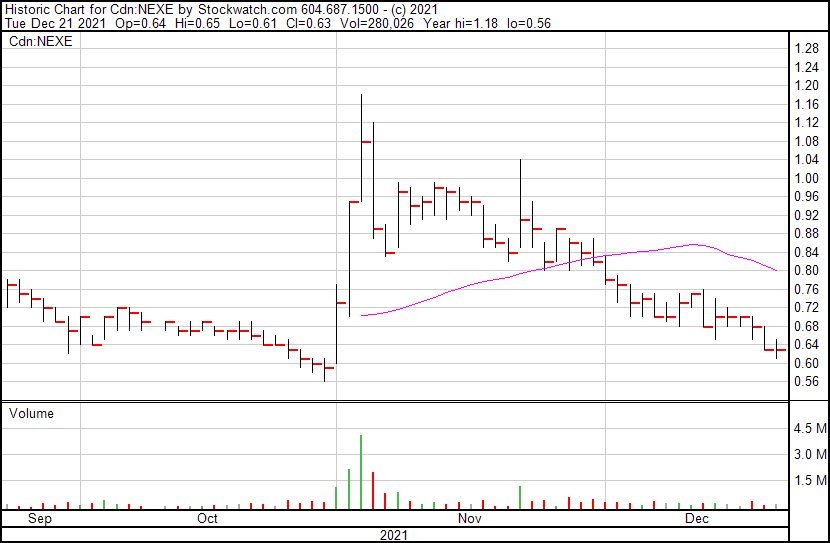
NEXE’s share price opened at $0.64 on December 21, 2021. The Company’s shares were trading at $0.63 as of 1:23 PM EST on December 21, 2021.

